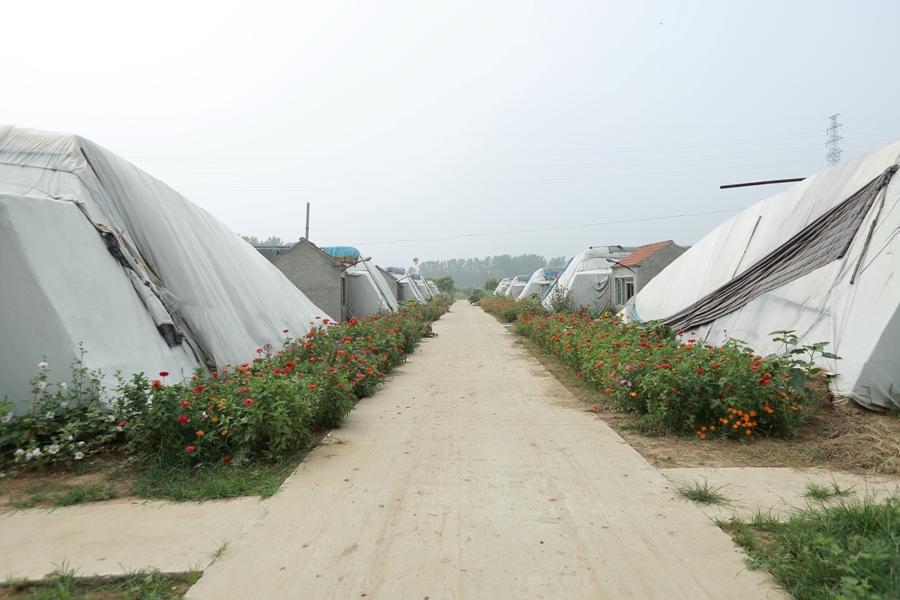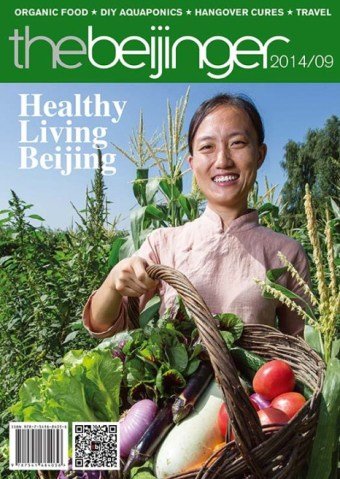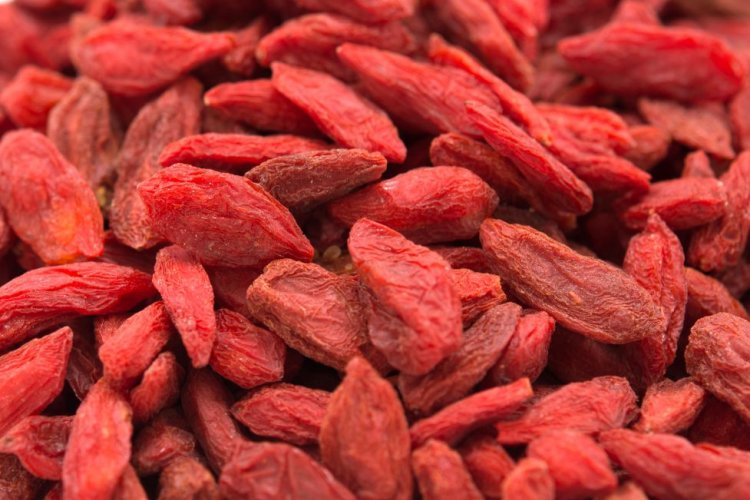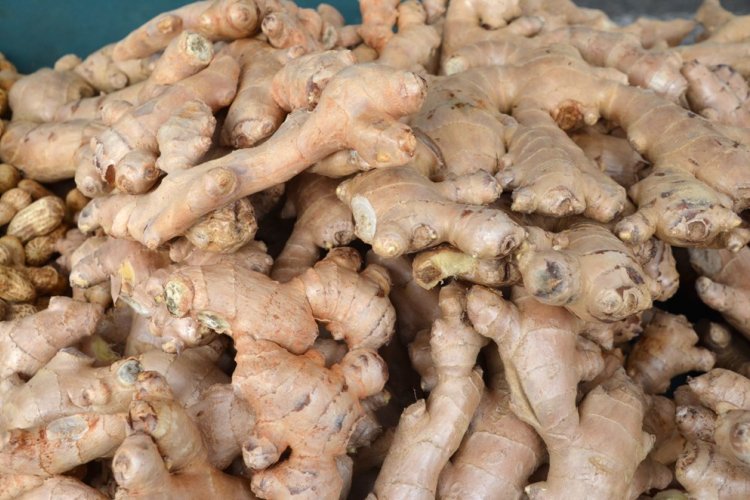Organic Growth: How an IT Company Became a Leading Fresh Food Retailer
How does a technology company become one of China’s leading organic food producers and retailers? With a scandal. Following the 2008 Olympics, the next major news story to emerge from China was the discovery of melamine in some baby formulas in order to artificially boost protein content. Over 50,000 infants were hospitalized and six died as a result of melamine consumption. One person who was shocked by the horrific news was Dong Min, co-founder and senior vice president of Ninetowns Internet Technology Group, parent company of Tootoo, now one of China’s largest retailers of organic food products.
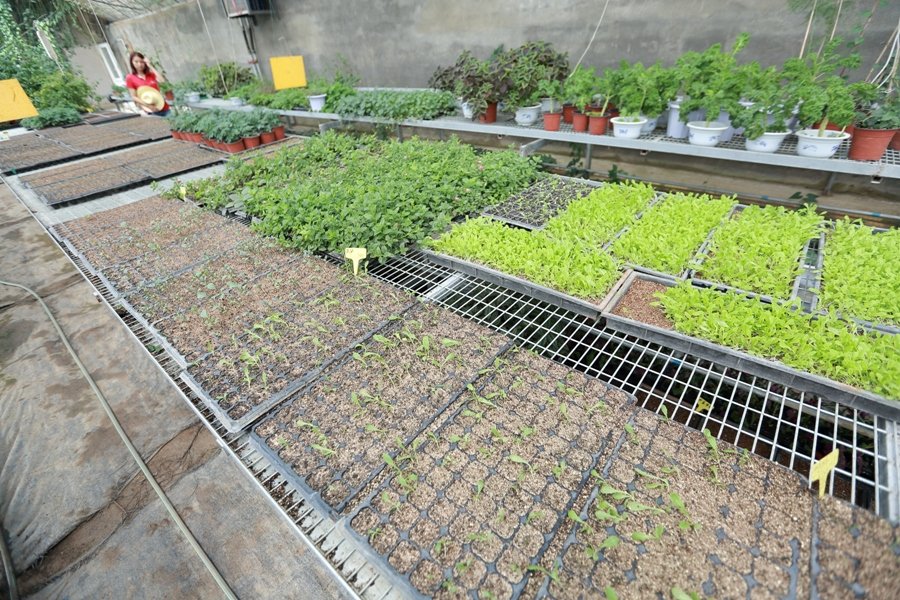
“The Olympics showed how strong China had become but then the [melamine] scandal showed there was more to do. We wanted to do something,” Dong says. She and the rest of the company spent the following six months thinking about opportunities to do something proactive. Ninetowns knew real estate and technology, having spent eight years listed on NASDAQ before going private in 2012, but it didn’t know much about farming. The company decided to tap into a growing grassroots demand in China for healthier and safer food, to use its knowledge of both real estate and technology to begin providing organic food via the internet. “We thought about opening stores and supermarkets, but our customers found it convenient to use the internet,” says Dong.
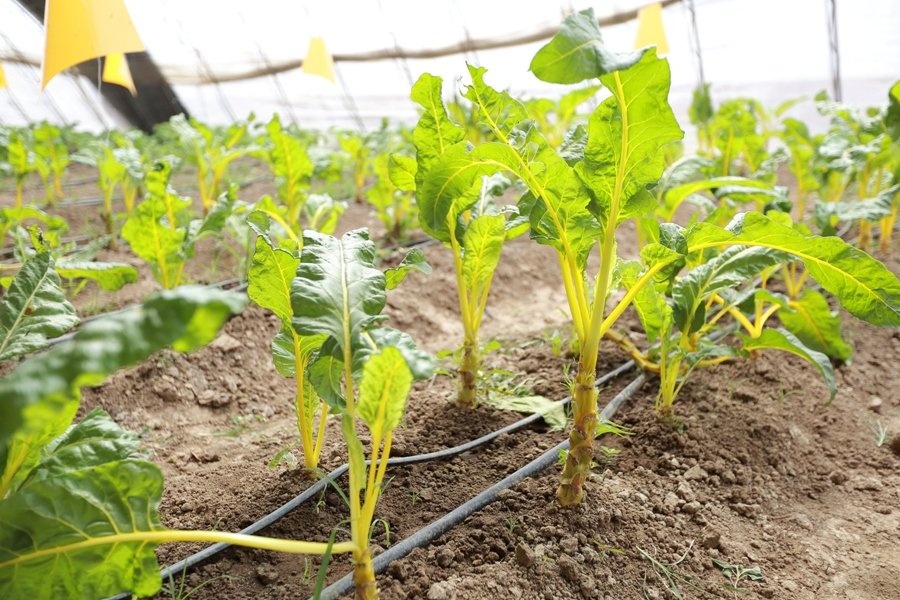
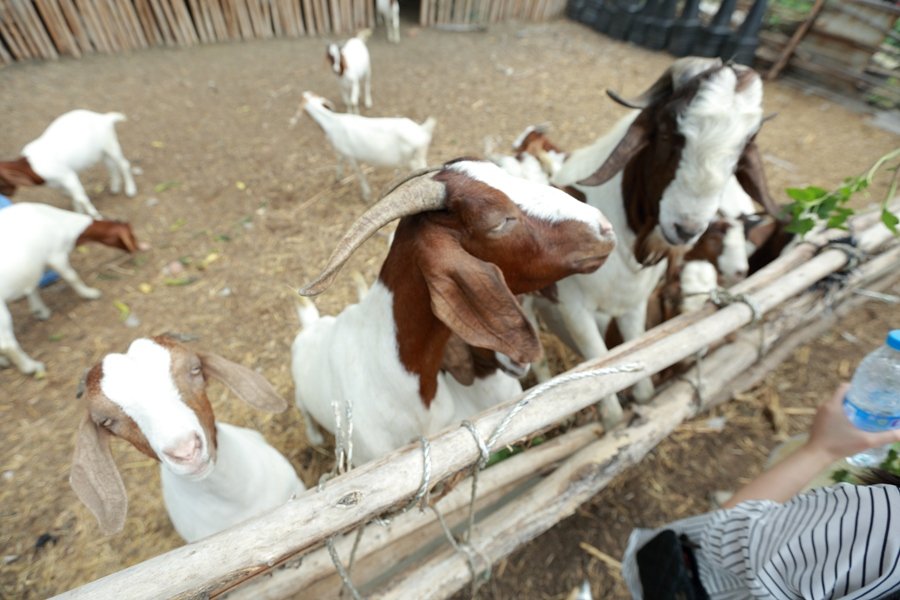
While what “organic” actually means can vary by country or region, China’s standards for organic meat and produce are interchangeable with those of the European Union, allowing each to export to the other. Generally, for something to meet accepted “organic” standards, the field where it is grown must first lie fallow for five years to allow any previously used chemicals to be diminished or eliminated. Produce is then grown without chemical fertilizers, hormones, or insecticides.
“It was much more difficult than we expected,” Dong says of the initial stages of setting up Tootoo. “While generally tasting better and being healthier than non-organic food, the restrictions on chemical use means that organically-grown crops are more subject to blights and insect infestation, and because of that, the products don’t always look as nice as their mass-produced counterparts.”

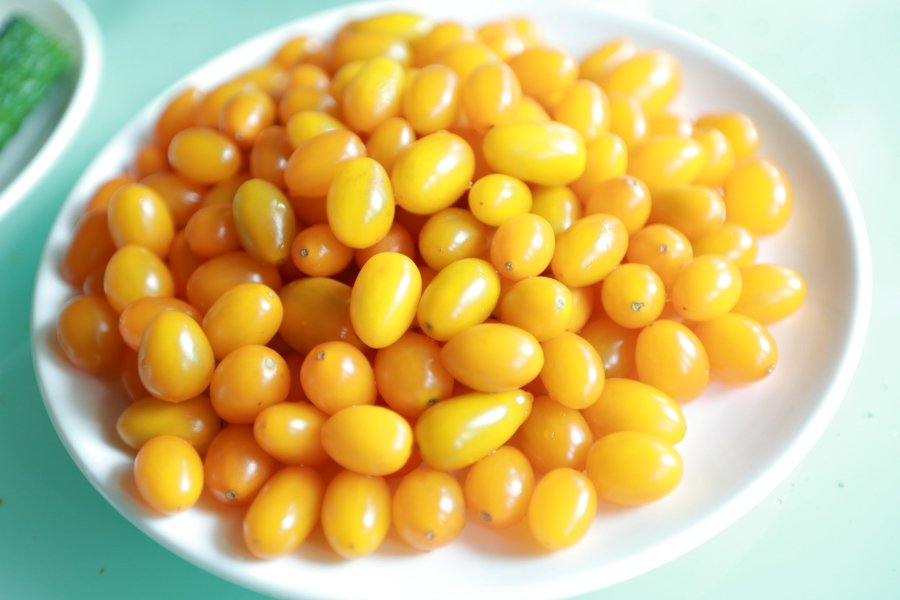
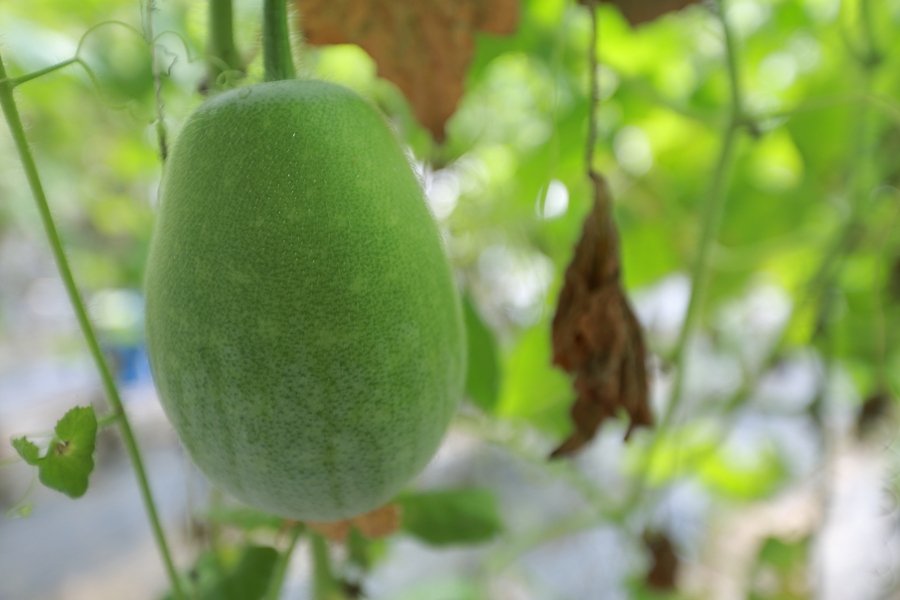
Dong says the differences are obvious. Aside from the peace of mind of serving chemical-free fruit, meat, and vegetables to her family, Dong says that her skin is healthier and that she looks younger than friends her age who haven’t gone organic. It’s also apparent in her children who consume mostly organic food. “They are much calmer than other children, and when they rest, they are able to rest soundly,” she says.
On the company’s farm in Pinggu County, about as far northeast as one can go in Beijing Municipality before crossing into Hebei province, the company’s principles are in action. Tootoo owns the 70 hectares here and this is where it grows much of what it sells. Although the smell of animal waste being recycled as fertilizer is apparent, even on a hot August day, it’s not overpowering.
The farm is a mix of greenhouses used year-round to provide temperature control for
crops including chilli peppers, eggplant, and winter melon; open fields for items like corn and soybeans; and livestock areas for chickens and pigs. Environment monitors relay information about temperature and humidity directly to Tootoo managers who remotely ensure conditions are right for growing. Flypaper – the organic farmer’s alternative to insecticide – hangs throughout, but the difference in this growing area is that items can be picked and eaten straight from the plant.
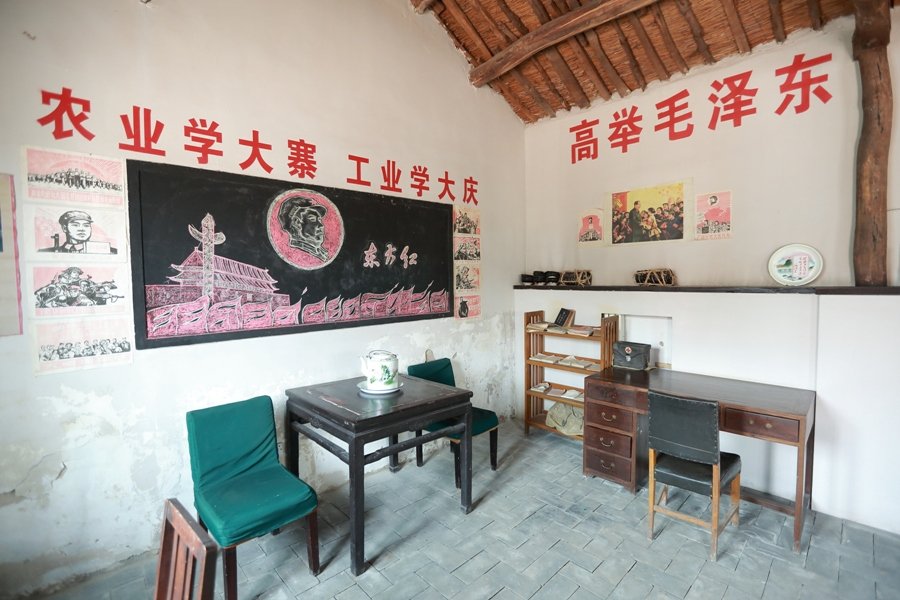
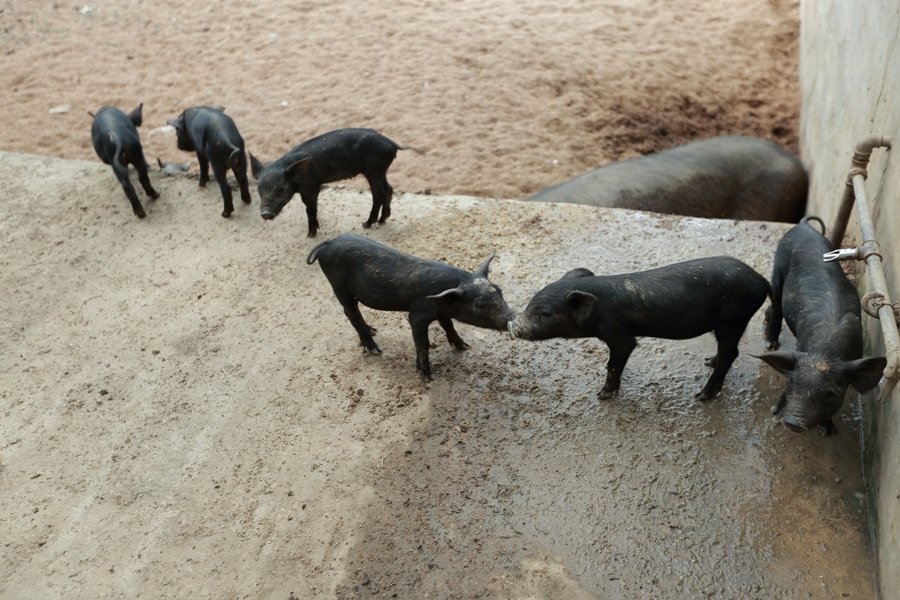
At Tootoo’s members-only restaurant, the proof arrives in the final product. Rich yellow eggs, naturally sweet tomatoes and tender winter melon arrive on the table picked earlier that day. Lower yields and greater threats to organic crops mean prices are normally double those of non-organic foods, but it seems a price worth paying.
Order from Tootoo’s website, shop.tootoo.cn
Photos: Ken


